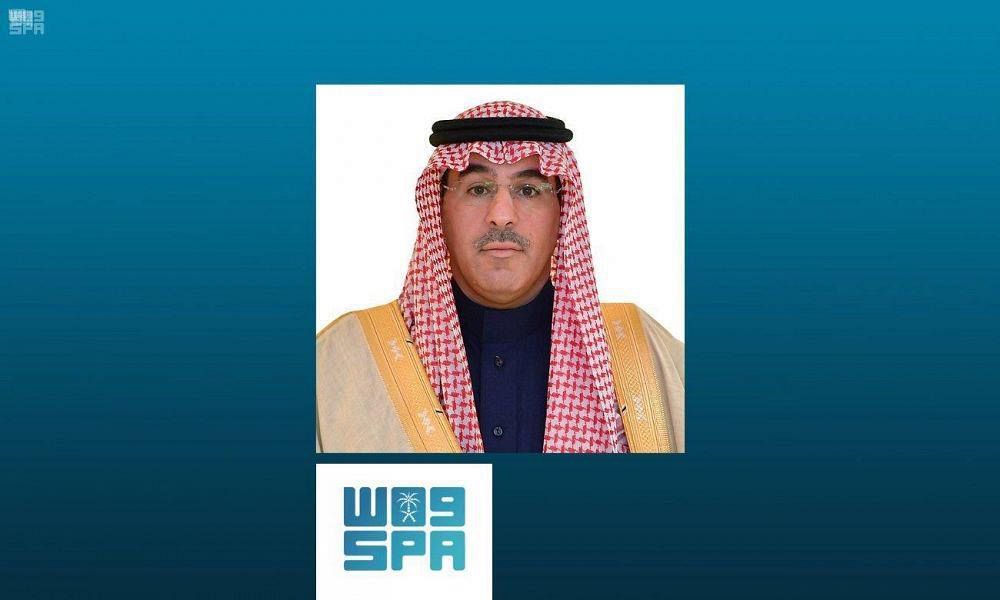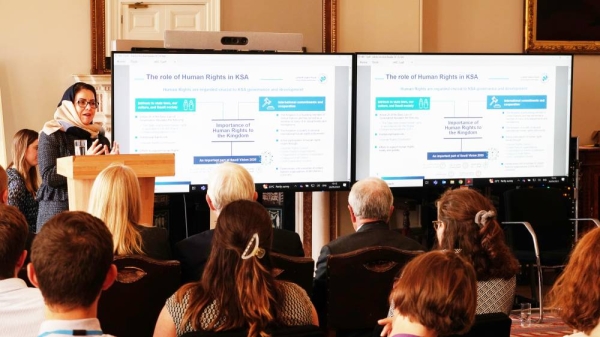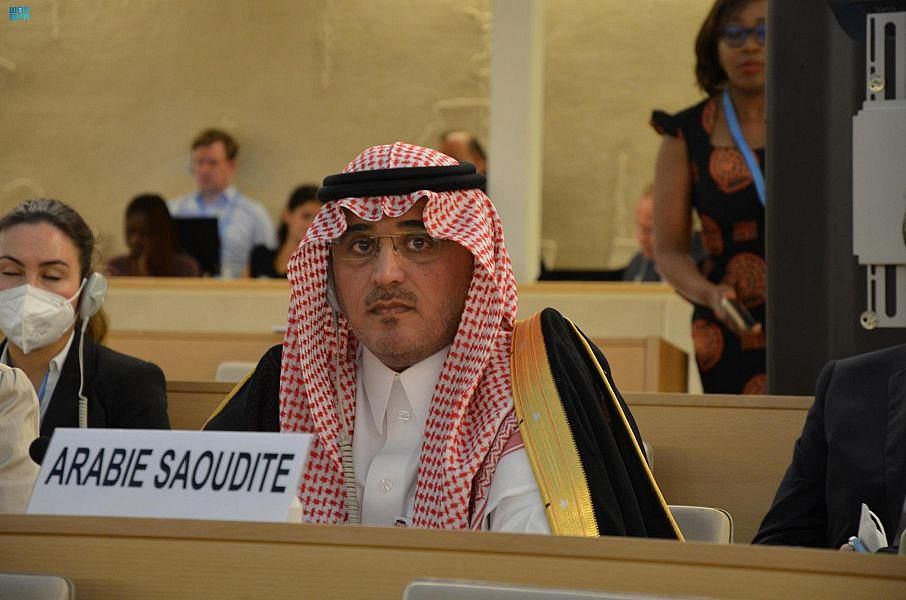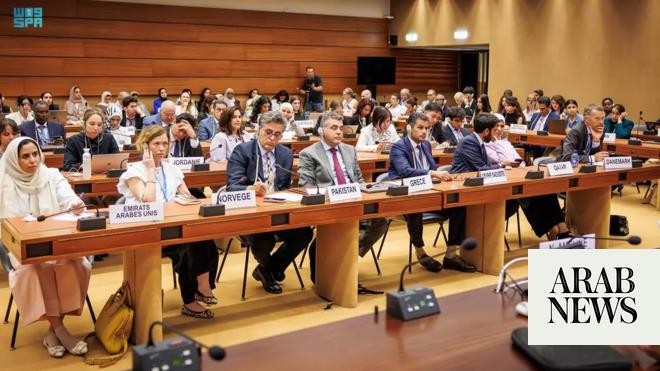
Yemenis were shocked by the first report issued by an investigative team set up by the UN Human Rights Council (HRC) in 2017.
The date on which the report begins to document human rights violations in Yemen was March 2015, not September 2014, the actual date when the country started slipping into war after Houthis having launched a nationwide coup.
However, what did not surprise Yemenis was the HRC’s call to reject a resolution to renew the mandate of the Group of Eminent Experts on Yemen, the team which is responsible for the report.
According to a diplomatic source, the secret behind the negative HRC vote stands an amalgamation of Saudi and Arab efforts to stop the politicization of the Yemeni conflict, especially in reporting human rights violations.
Saudi diplomatic efforts have long supported that atrocities in Yemen be reported by the national committee for investigating human rights violations. Therefore, the Kingdom has been backing the independent Yemeni body, the National Commission of Inquiry and Human Rights, in reporting all human rights crimes taking place in Yemen.
The Commission is a national mechanism for monitoring and investigating allegations of human rights violations committed in Yemen by all parties.
It was established by national resolution No. (140) in 2012 and is based on the texts of the Gulf Initiative and its executive mechanism, and UN Security Council Resolutions 2051 and 2140, and other related HRC resolutions.
“The HRC’s decision to not renew the mandate of the Group of Eminent Experts on Yemen sends Houthis a clear message that the international community is aware of the crimes they are committing and proves that team was biased and unprofessional over the years,” Yemeni Human Rights Minister Ahmed Orman told Asharq Al-Awsat.
Yemeni human rights analysts, organizations, and activists accuse the Group of Eminent Experts of deepening the gap between all Yemenis.
According to Abdulrahman Al-Musibli, the head of the Geneva-based Consultative Center for Rights and Freedoms, terminating the Group’s mandate will have a legal effect.
The results included in the Group’s report for this year will be considered void, while the credibility of its reports for the past years will also be questioned.
“This achievement by the Arab group in the HRC comes as a correction to the procedures of justice, and in a manner that guarantees the professionalism of the investigation,” Al-Musibli told Asharq Al-Awsat.
“Over the past four years, the Group failed to limit the commission of violations, lost the rights of victims, and even created an unhealthy atmosphere among the members of the HRC,” he added.
The HRC had renewed the Group’s mandate in 2018, 2019, and 2020.
The HRC voted 21-18 against a resolution to continue the probe by the Group for two years. The vote took place at the 48th session of the HRC in Geneva.








